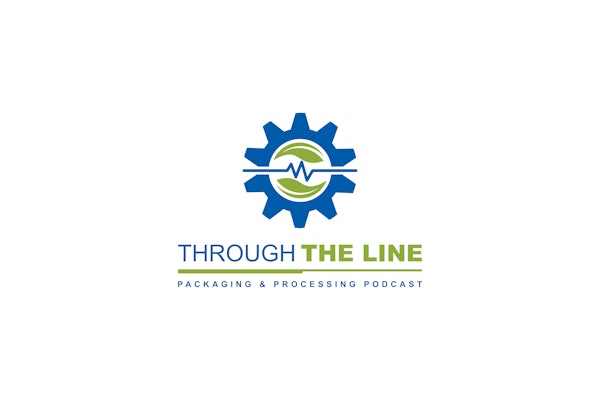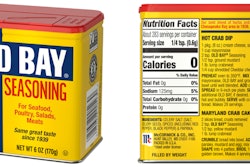Targets and “score cards” are everywhere. ASDA, Wal-Mart’s U.K. operation, is analyzing the consequences of eliminating portion packaging on a range of different fresh fruit and vegetable types. WRAP (www.wrap.org.uk), the UK Government-backed packaging advice organization, is offering an on-line service to producers on elimination of excess packaging (www.envirowise.gov.uk/howmuchair). Millions of Euros are being invested annually in applied packaging research to facilitate development of new materials and systems aimed at meeting the sometimes conflicting needs to cost effectively protect and enhance consumer products while meeting the challenges of packaging sustainability and environmental acceptability. No wonder packaging has become such an easy target for environmental campaigners.
Attracting young talent
One of the key challenges for all involved in packaging, whether as a specifier/user or as a converting manufacturer, is keeping on top of things and knowing where solutions lie. This comes down to having access to the know-how and expertise of skilled personnel, which leads us to an important question: How can the packaging industry sell itself as a vital and interesting career choice and how can it keep bright people once it has attracted them?
It’s a troubling subject. Consider how few universities and colleges have specialist packaging faculties/departments that have a holistic approach to all the developments and issues relating to packaging. The largest of the packaging converters such as Alcan, Amcor, Crown, O-I, and Rexam maintain in-house R&D departments, but even these tend to be material or process specific. This makes good business sense because focused development, whether incremental or step-changing, usually provides a better payback and meets the customer’s immediate need for improvements. But in times of new challenges and new urgencies, when we are facing a growing wave of environmental demands on business in general and packaging in particular, making good business sense and meeting immediately identifiable customer needs may not be enough. In times such as these, a new breed of packaging professionals must be developed, so that key knowledge and skill sets can help all stake holders in the packaging value chain sort out the complexities of climate change and packaging’s true role in it.

























